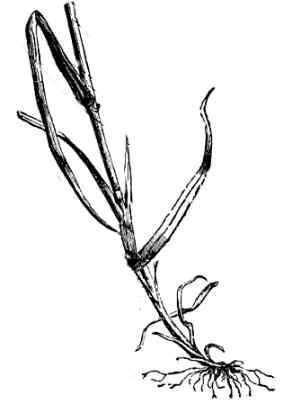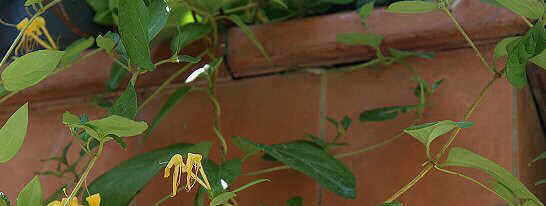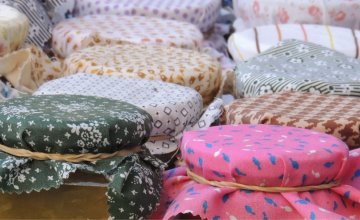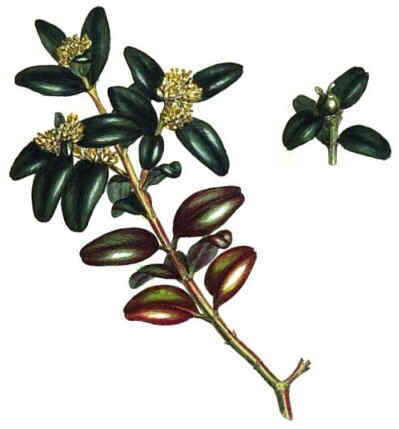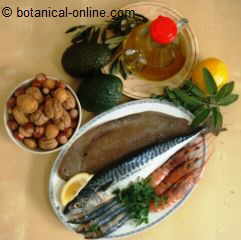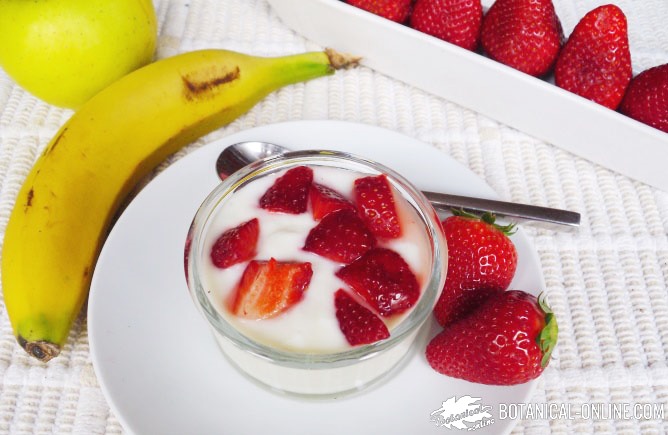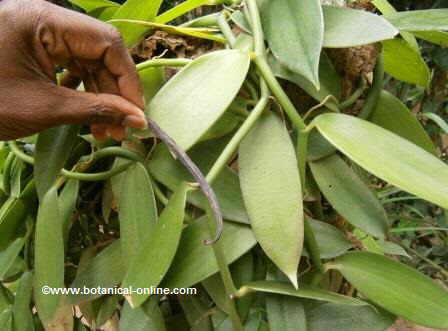Contents
STAR ANISE PROPERTIES AND BENEFITS
Star anise (Illicium verum) is a plant from China, where written records from this plants exist dating back to 1127 BC.
In Traditional Chinese Medicine, star anise has played a role as masticatory (it increases saliva in the mouth when chewed). It has been considered a stimulating, remedy, eupeptic (it provides good digestion), carminative (it expels gases from the stomach or intestines), expectorant (it expels mucus from the respiratory tract) and galactogen (It stimulates lactation).
It is an aromatic plant, with an unmistakable fragrance to anethole (80-90% of its essential oil).
It is used in many Asian countries as a perfume and as an incense of religious temples.
MEDICINAL PREPARATIONS WITH STAR ANISE
Internal remedies with star anise
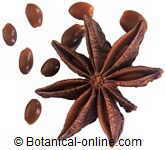 Photo of star anise with seeds Photo of star anise with seeds |
- Digestive properties: Star anise improves digestion by stimulating stomach secretions. It is especially recommended for people with hypersecretory dyspepsia and loss of appetite (infusion of 0.5g of star anise per cup, before meals)
- Carminative: Carminative remedies consist of plants that favor the expulsion of gases from the digestive system and reduce abdominal swelling, bloated belly or flatulence.
In Phytotherapy are used the plants of the Apiaceae family, such as green anise or cumin, for this purpose. However, star anise is also advisable, as its richness anethole gives it similar properties.
Star anise is a widely used carminative remedy, not only for gases but also to reduce abdominal cramps and discomfort caused by poor digestion. The infusion of star anise is used against aerophagia, flatulence or meteorism and as an antispasmodic sedative to treat the pain of intestinal colic (infusion of 0.5g of star anise per cup, 3 times a day)
- Diabetes: Star anise is beneficial for diabetes. It has a hypoglycaemic effect and, according to scientific studies confirming it, can help to lower sugar levels after eating (postprandial glucose). It is believed that its effect arises from the inhibition of alpha-glucosidase, a component that prevents the intestinal absorption of part of the sugars ingested in the diet. (Infusion of 0.5g of star anise per cup, after meals)
- Expectorant: Star anise contains cineole and limonene, which help treat persistent cough, bronchitis, eliminate mucus from the digestive tract and relieve asthma. It can be infused (infusion of 0.5g of star anise per cup, before meals) or in vaporizations, to treat respiratory congestion.
- Emmenagogue and galactogogue: The popular medicine considers it an emmenagogue remedy, to stimulate menstruation; And galactogogue, which favors breastfeeding or maternal secretion. Among its medicinal components is hexestrol, a non-steroidal anethole derivative with estrogenic effect. However, the use of this plant during lactation is not recommended because it is not considered a safe plant for the baby.
- Stimulant: Star anise is a natural stimulant. It can be infused (infusion of 0.5g of star anise per cup, 3 times a day)
MEDICINAL PREPARATIONS WITH STAR ANIS FOR EXTERNAL TREATMENT
- Rheumatic pains: star anise is applied in compresses to help treat rheumatic pains. It has a sudorific and diuretic effect, which helps eliminate toxins, in addition to analgesic effect due to the anethole and caryophyllene it contains.
- Natural antibiotic: Anethole has an antimicrobial effect and can be used externally to treat infections in the skin, when there are no open wounds or skin irritation.
Star Anise dangers: Special Precautions
Star anise (Illicium verum), can be adulterated with Japanese star anise, also called Shikimi or aniseed tree (Illicium religiosum = Illicium anisatum). The last one is a toxic plant, that has been responsible for numerous intoxications to infants, who had been infused to combat meteorism or colic.
- Although it has become a popular remedy for meteorism in babies, the medical literature does not consider it a safe remedy in these cases. * Consult other Cramps Remedies for Babies
- Star anise should not be administered during pregnancy and lactation.
- Do not combine star anise with the consumption of alcoholic beverages: Alcoholic beverages prepared with star anise can cause poisoning.
Therapeutic doses of star anise
– Infusion: It is prepared with 0.5 – 1g. per 200ml. of boiling water. Do not exceed 3g. newspapers.
![]() More information on star anise
More information on star anise

